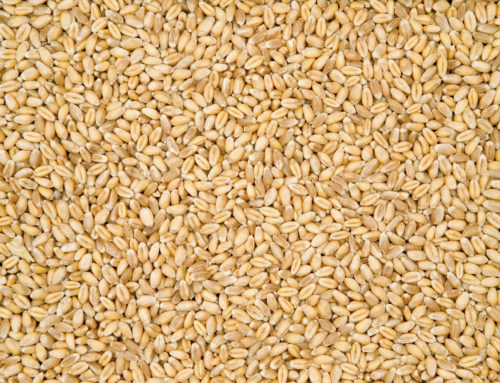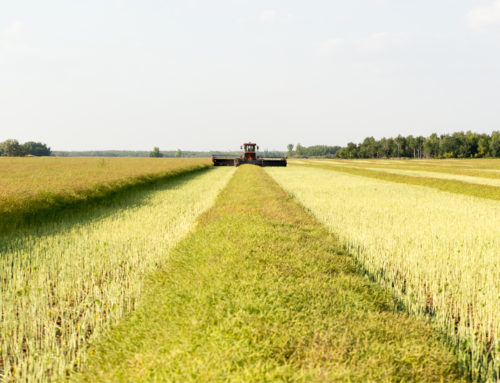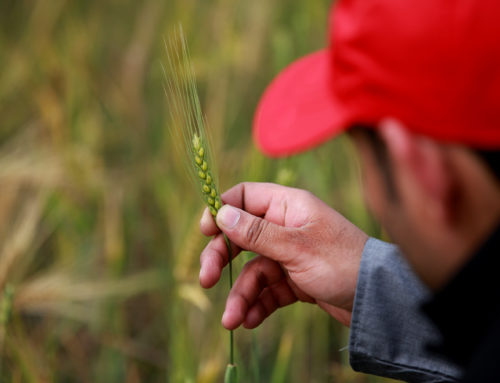By Pat Toner
One sunny afternoon in late December, one of my most “conversational” customers (let’s call him Bob) came into the office and introduced me to his son who was home for the holidays. The introduction went something like, “Bachelor of Science, Professional Agrologist, and Certified Crop Advisor,” followed immediately by a humbling debate that professional affiliations may be best abbreviated as “B.Sc.”
Next, the conversation quickly diverted into on-farm crop performance, achievements, and challenges. 2014 proved to be a challenge in marketing, driven primarily by the fact it was also a challenge in disease mitigation, resistant weed management, and plant nutrition and health. All in all, the conversation that day was typical agronomy chat.
While everyone faced challenges (and some very frustrating), the success stories relentlessly come to the fore as well. We talked about the encouraging responses consistently found by applying the right fungicide to lentils, the performance of relatively new chemistry for weed control and crop safety in field peas, the late-season outbreak we saw of Sclerotinia in canola (which, luckily, was not devastating due to crop advancement at the time of infection), and of course some recently adapted practices that will soon become standard in both canaryseed and durum.
Through the months of October to December, amidst a busy schedule of soil sampling and nutrition planning, we relentlessly talk to growers like Bob about a year in review and lessons learned. The months of January to March, I would personally regard as a time for bits and pieces of educational leave. We travel to seminars, we formulate our own business plans, and we gather information from our numerous representatives as to the newest and most effective chemistries and cropping practices.
When I think about the skill set I offer to the farmer customer, I admit there are three main sources of information. One is an educational background, which endorses professionalism; the second is the annual ritual of seminars, chemistry education, and product introductions that give us an “awareness,” if nothing else, about the newest technology; and the third, and most important, is the testimonials, good or bad, from our growers reviewing their own on-farm experiences.
The Farm Trial…What would you like to try? Maybe try topping up the sprayer tank with Manipulator PGR and a foliar treatment? Maybe try a comparison of two or three different ways to mitigate nitrogen volatolization? Maybe try a check strip to measure your fungicide performance, with or without a foliar nutrition partner? Field trials can be difficult, but they can also be easy. Some companies insist on trials according to their own specifications complete with replications and scaled yields and separately graded samples. But if your trying something “just for yourself” it doesn’t have to be that complicated.
“Pat, what does research show on________?” Chances are, 80 percent of the answers you hear will be from the experiences of your own friends and neighbours, 18 percernt will be from educational seminars and manufacturer endorsements, and only 2 percent may come from professional affiliations. Whose data would you trust more than your own?







Leave A Comment